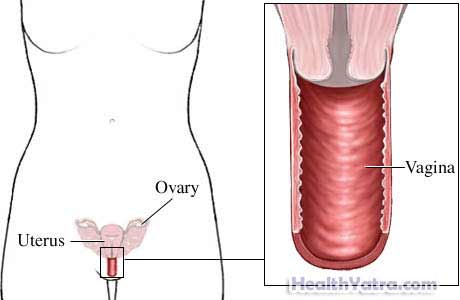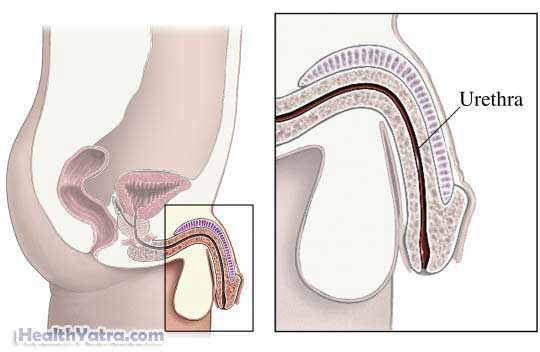Definition
Trichomoniasis is a common sexually-transmitted disease. It often affects the lower genital tract in women and inside of the penis in men. Trichomoniasis is treated with antibiotics.
Causes
Trichomoniasis is caused by a specific parasite. The parasite is passed through sexual contact. It mainly affects genital tissue.
Risk Factors
Factors that may increase your chance of trichomoniasis include:
- Multiple sexual partners
- Sex without a condom
- History of sexually transmitted diseases
Symptoms
Trichomoniasis does not always cause symptoms. Men are less likely to have symptoms than women.
Symptoms in women may include:
- A foul-smelling, greenish-yellow or gray discharge from the vagina (often in large amounts)
- Irritation, itching, and/or soreness in the genitals
- Pain or discomfort when urinating
- Pain or discomfort with sex

Symptoms in men may include:
- Discharge from the penis
- Itching and/or irritation in the urethra
- Pain or discomfort when urinating
- Burning sensation after ejaculation

Diagnosis
The doctor will ask about your symptoms and medical history. A physical exam will be done. Vaginal fluid or discharge will be examined from women. Urine, semen, or penis discharge will be examined from men. The samples can be sent to a lab to confirm trichomoniasis.
Treatment
Trichomoniasis is can be treated with antibiotics. The antibiotic may be given in a single dose or for a week long course.
Trichomonisasis is easily passed back and forth between sexual partners. Your partner(s) should also be treated, even if symptoms are not present. An infected person can infect their sexual partners even if they do not have symptoms.
For best results:
- Avoid sex until your treatment is done and your symptoms are gone.
- Do not drink alcohol while taking antibiotics.
Prevention
To help prevent STDs like trichomoniasis:
- Use condoms during sexual intercourse
- Be monogamous or limit the number of sexual partners
